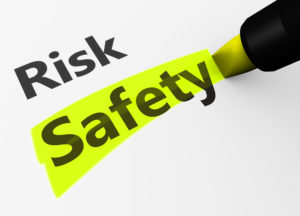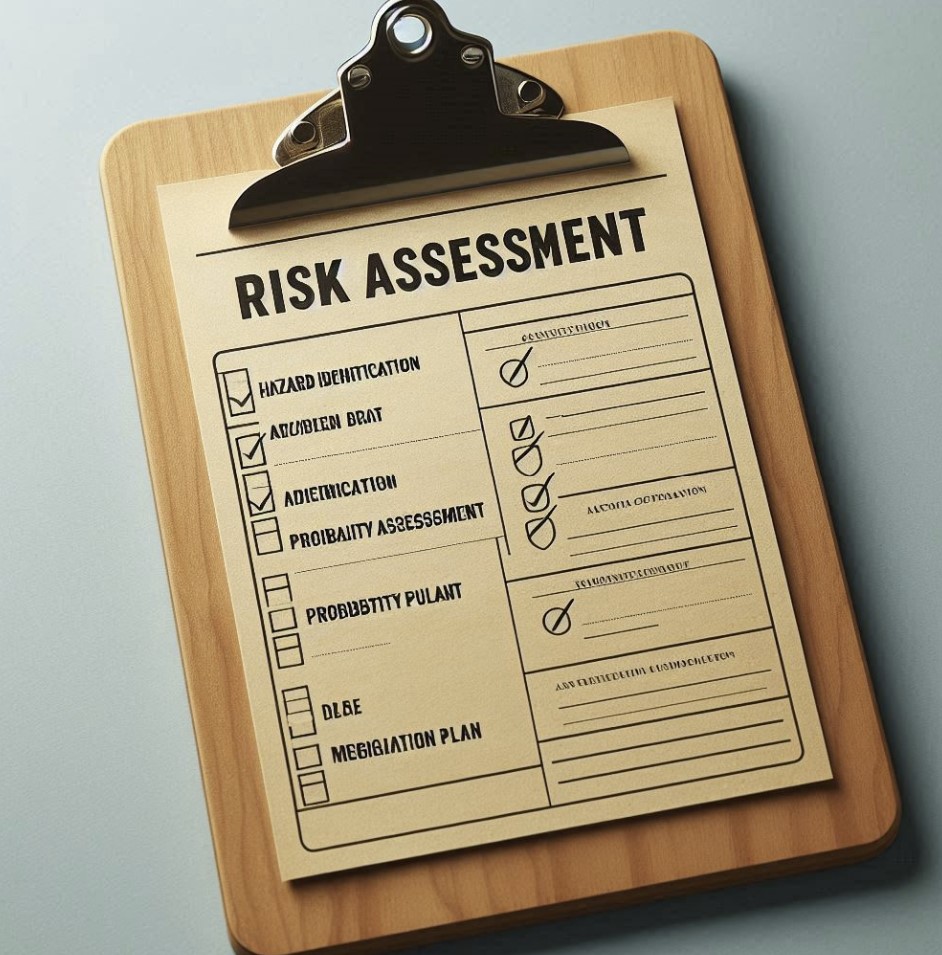
In today’s fast-paced work environment, maintaining a robust safety culture is crucial for the well-being of employees and the overall success of the organization. Here are some key strategies to reinvigorate your workplace safety culture:
- Lead by Example
Management and supervisors must consistently demonstrate safe behaviors. This shows employees that safety is a priority from the top down.
-
Openly Communicate about Workplace Safety
Encourage open discussions about safety. Make it a regular part of meetings and daily interactions. Employees should feel comfortable reporting hazards or suggesting improvements.
- Provide Comprehensive Training
Ensure all employees, including new hires and temporary staff, receive thorough safety training. This includes not only procedures but also the reasons behind them. Regular refresher training is also essential.
- Empower Employees
Encourage workers to identify and report hazards. Implement a “stop work” procedure that allows anyone to halt operations if they believe there’s an immediate danger.
- Recognition and Rewards
Acknowledge and reward employees who follow safety procedures and contribute to a safer workplace. This reinforces positive behavior and encourages others to do the same.
- Act Promptly on Hazards
Address any identified safety issues immediately. Failing to do so can erode trust and send the message that safety isn’t a true priority.
- Analyze and Learn from Incidents
Thoroughly investigate any accidents or near misses to identify root causes and implement corrective actions. Share lessons learned to prevent future incidents.
- Regular Audits and Inspections
Conduct regular safety audits and inspections to identify potential hazards and ensure compliance with safety standards. Use the findings to make necessary improvements and prevent accidents before they occur.
- Implement an Anonymous Reporting System
Consider establishing an independent hotline or online reporting system where employees can anonymously report safety concerns without fear of retaliation. This can encourage employees to report issues they might otherwise be hesitant to raise.
- Foster a Positive Safety Culture
Create an environment where safety is seen as a shared responsibility. Encourage open dialogue about safety concerns and celebrate safety milestones. A positive safety culture is built on trust, respect, and a collective commitment to keeping everyone safe.
By implementing these strategies, organizations can reinvigorate their workplace safety culture, leading to a safer, more productive, and more engaged workforce. Remember, a strong safety culture is not a one-time effort but an ongoing commitment to continuous improvement.
Want more resources? See what OSHA has to offer here.
Concerned about workplace violence? See our article here.
Reach Us
Red Flag Reporting
P.O. Box 4230, Akron, Ohio 44321
Tel: 877-676-6551
Fax: 330-572-8146



